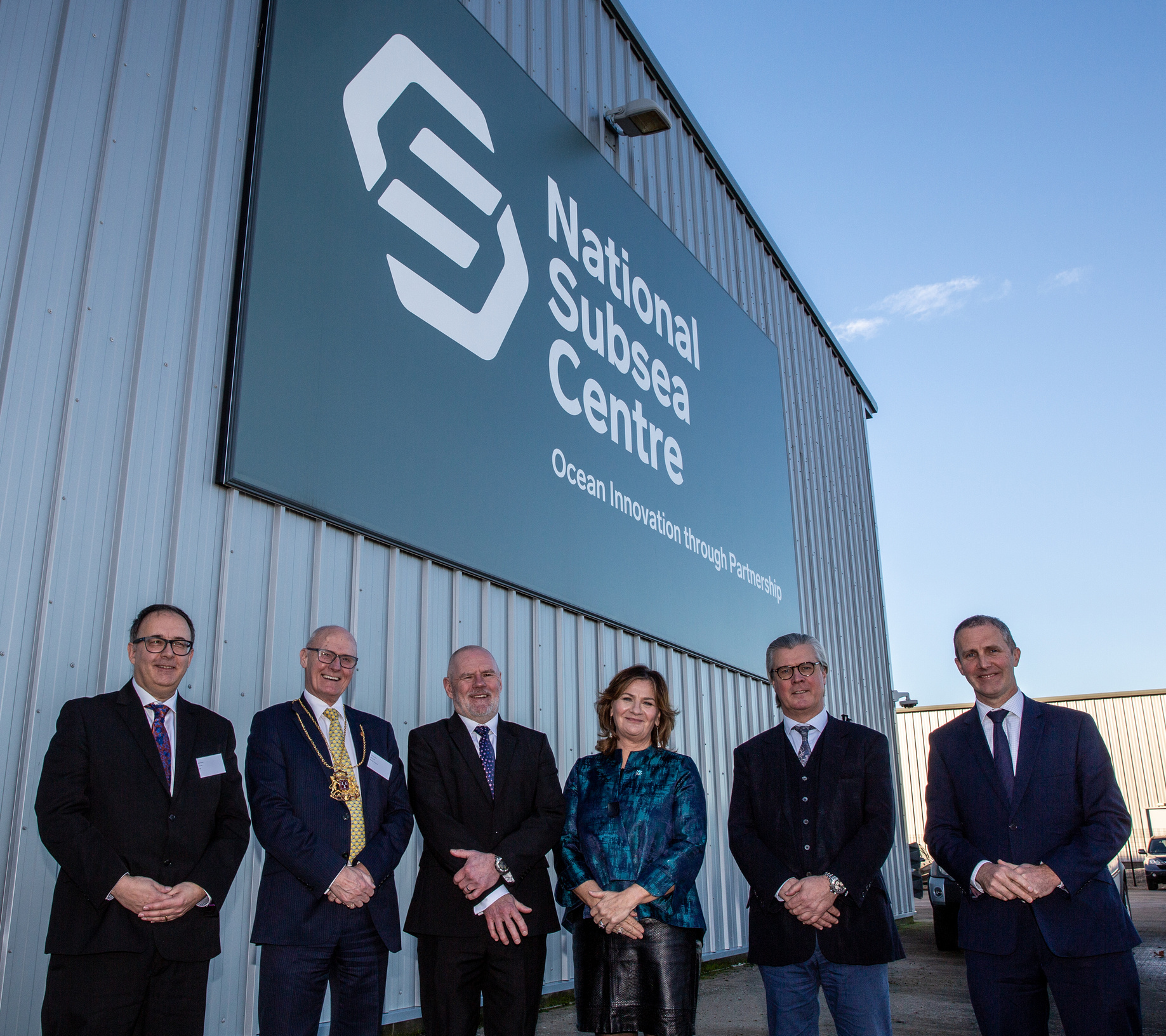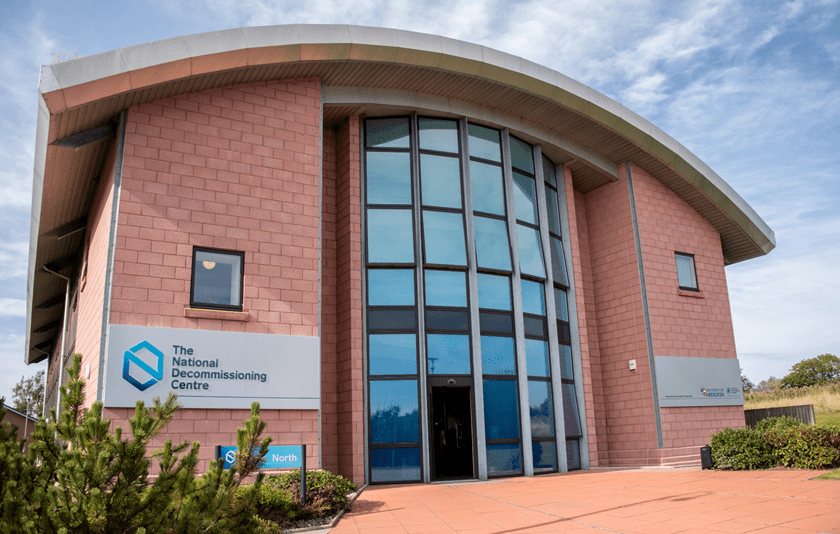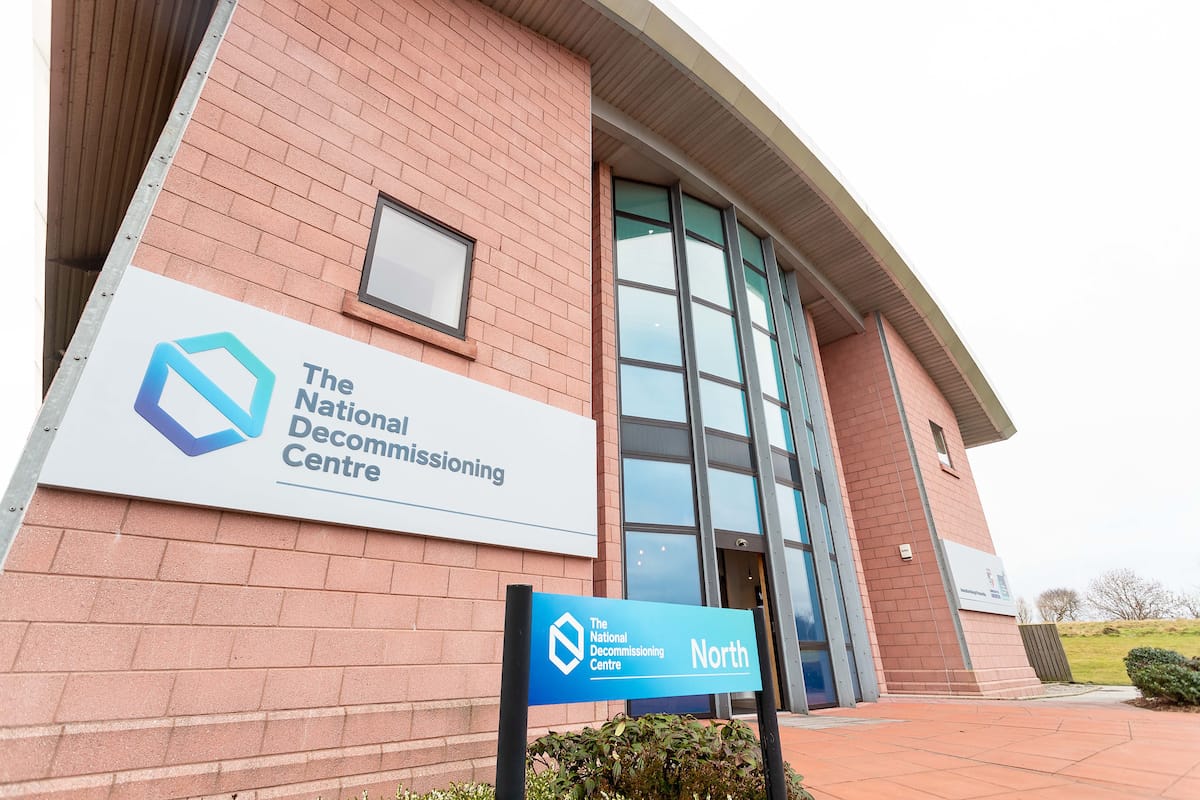NEWS & INSIGHTS | article
RGU and Net Zero Technology Centre join international consortium to explore innovative developments to achieve net-zero carbon emissions

A Robert Gordon University (RGU) research team and the Net Zero Technology Centre have joined an international consortium working together to explore if using renewable electricity to capture and convert industrial CO2 emissions is realistic at a large scale and how local communities respond to technological developments that aim to mitigate climate change.
The consortium, led by New Energy Coalition and University of Groningen, will answer these questions in the European innovation project ConsenCUS – Carbon neutral clusters through electricity-based innovations in Capture, Utilisation and Storage.
The ConsenCUS consortium wants to make carbon capture and conversion possible with (green) electricity, so that it can be done more sustainably and even carbon neutral. The innovation action includes designing so-called CO2 clusters, allowing regional companies to work together with governments and citizens to make smart investments in shared infrastructure (such as pipelines or temporary storage locations) to reach net-zero carbon emissions safely.
Professor Zoe Morrison, Academic Strategic Lead in People, Organisations and Practice at RGU’s Aberdeen Business School, and her team will be looking at how these new developments impact communities – in the development of jobs and new skills, local engagement in issues about climate change – and to explore the awareness and acceptance of these technologies in communities within CO2 clusters.
The Net Zero Technology Centre will provide technical oversight and utilise its industry partnerships to conduct modelling studies of CO2 capture to further bolster the research of the consortium. The outputs from this phase will be used to inform the business plan development for the integrated refinery case and explore policies and fiscal mechanisms from a UK perspective.
Over €13 million of European funds and private investments will enable scaling up technological innovations and conducting socio-economic research. A mobile demo plant will be constructed that will capture up to 0.1 ton CO2/h at cement production, oil refinery and magnesia production across Europe and convert it to useful chemicals (potassium formate and formic acid). In the same locations, the opportunities or challenges that the CO2 clusters bring to the local economy, geology and community will be studied.
Professor Zoe Morrison said: “To deliver innovation to reduce carbon emissions, social and natural sciences must collaborate to solve these complex problems and this four year project is a really exciting opportunity to do that. It is so important that new technologies to support energy transitions and industrial innovation are well integrated into the communities they are based in and that is what our research will look at.”
Dr Vinay Mulgundmath, Chief Technologist at the Net Zero Technology Centre, added: “By replacing conventional gas-powered heating process with highly efficient, low-carbon electricity to strip CO2, represents a paradigm shift to address energy transition in the CCUS industry.
“The Net Zero Technology Centre is pleased to join ranks with RGU and other international research and development bodies to address innovation gaps across the full CCUS value chain.”
The consortium consists of University of Groningen, New Energy Coalition, Wetsus, Coval Energy (NL), Danish Technological University, Geological Survey of Denmark and Greenland, Danish Gas Technology Centre, Aalborg Portland(DK), Heriot-Watt University, Robert Gordon University, Net Zero Technology Centre Ltd, British Geological Survey (UK), Center for Research and Technology Hellas, Grecian Magnesite (GR), OMV Petrom, Energy Policy Group (RO), Zhejiang University and Shanghai Jiao Tong University.
Subscribe for the latest updates




